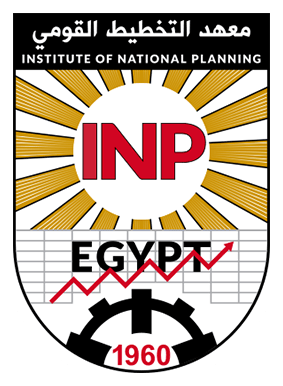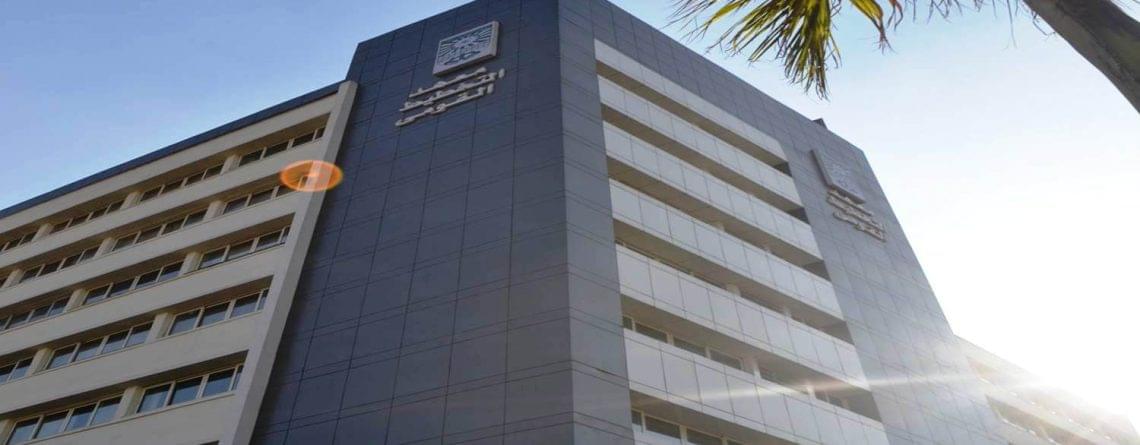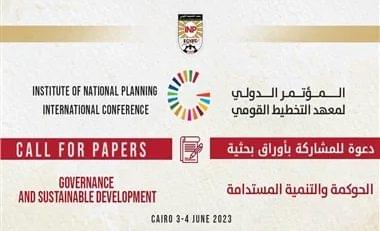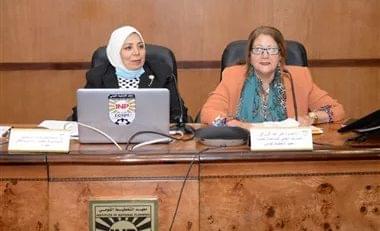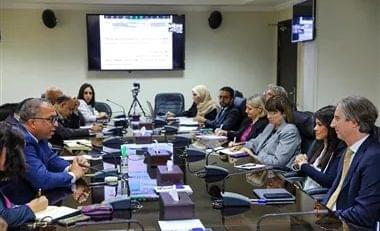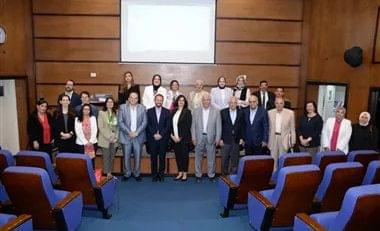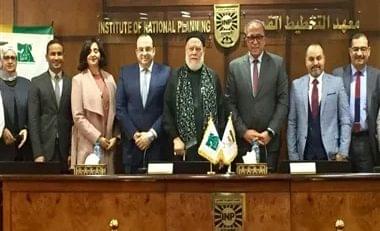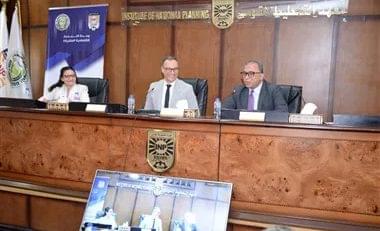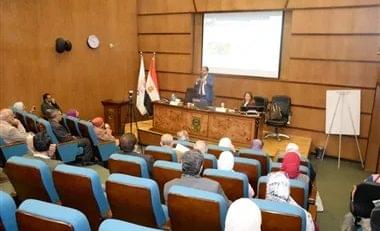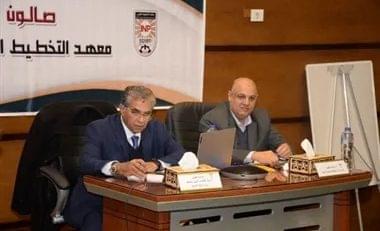“Al-Araby” reviews “The Philosophy of Development and the Role of the State in Deepening Local Industrialization in Egypt” in a detailed study in the Egyptian Journal of Development and Planning
Under the title “Philosophy of Development and the Role of the State in Deepening Local Industrialization in Egypt,” a detailed economic study prepared by Dr. Ashraf El-Araby, Head of the Institute of National Planning and published in the Egyptian Journal of Development and Planning, discussed the issue of industrialization in Egypt and how to deepen it within the framework of the philosophy of development and the role of the state, by comparing the experiences of Schools of economic and development thought in the world, and some global industrialization experiences in some developing countries, including South Korea.
In this context, the study aimed to answer a set of questions, including the extent to which tangible progress can be made on the path of industrialization and its deepening without changing the developmental philosophy followed by the Egyptian state, as well as evaluating the current role of the Egyptian state in development and the extent of its difference from the traditional role in development. That category of countries that are classified as developing countries.
The study also attempted to answer a question about the priorities adopted by the Egyptian state since 2014, and the extent to which the arrangement of these priorities agrees or conflicts with the requirements of rapid or deep industrialization, in addition to addressing the study regarding the size and nature of the role of the Egyptian state during the next stage, and the expected repercussions of this. The role on the industrialization process in general and its deepening in particular.
The study indicated that an objective assessment of the state’s role in the development process in Egypt will only come by comparing it with the recognized role in that group of countries that have come to be classified in the literature as developmental countries, pointing out that the World Bank report issued in 1993 on the East Asian miracle He emphasized the essential role that the state plays in the economic achievements that have been achieved in those countries, and perhaps South Korea is a good example that can be cited in this regard.
With regard to the role of the state in economic life and the development process, the study indicated that it generally stems from the developmental philosophy and the economic school to which the decision-makers belong in this country, as the schools of thought vary between those who support dependence on free market mechanisms, and those who support the state’s direction of the market. And control its paths and who takes a middle path between the two.
The research presented some proposals to amend the priorities of the Egyptian state to ensure its response to the requirements of rapid and deep industrialization. These proposed amendments also address the size and nature of the state’s role in implementing these priorities, a role that focuses on bringing about a structural transformation in favor of productive activities and sectors, especially the manufacturing industry, with the aim of achieving rates of High and sustainable economic growth.
The study concluded that strengthening the role of the state in the process of deepening local industrialization in the future requires changing the development philosophy that has been adopted since 1952, and its intensity has increased since 2014, in the direction of the developmental state that relies on indicative planning and on modern industrial policies that require an intelligent and selective role for the state. It enhances the role of the private sector and integrates with it.
For more details…please go to the link:
